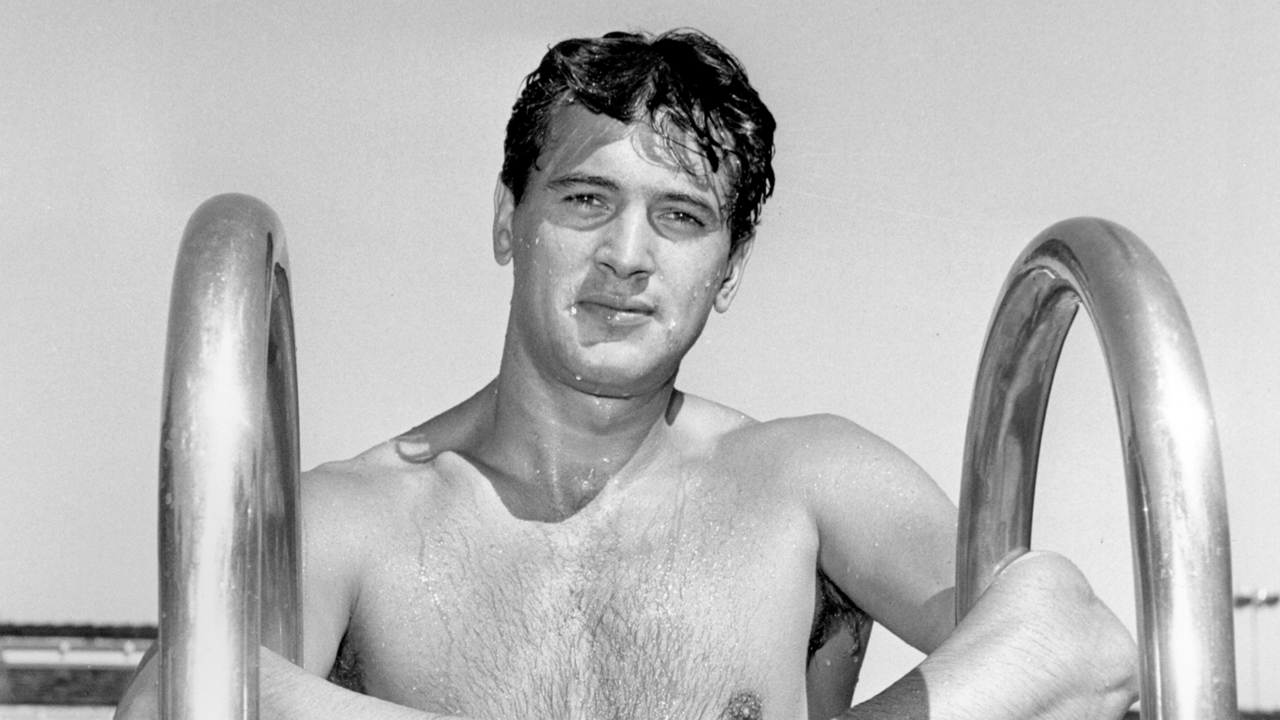Featuring cannily edited filmography excerpts and interviews with friends and ex-lovers of Rock Hudson — the Golden Age matinee idol who became the first major celebrity to die of AIDS — this documentary lifts the lid on the closeted gay star’s double life. Though its first third draws chiefly on biographers to paint a serviceable picture of the homophobic context Hudson rose to fame in, it’s in later interviews with members of his inner circle that the film comes to life. These contributors give us a more closely informed picture of Hudson, who seemed to accept Hollywood’s compromise: he could live out his professional dreams so long as he didn’t rock the boat.
Some aspects of the film’s approach do raise an eyebrow, such as a risqué conversation that seems to have been surreptitiously recorded. These inclusions lend the film a tabloid scoop’s salaciousness in places, but, thanks to its final third, it’s largely a touching testament to Hudson. As it movingly argues, however reluctant he was to disclose his diagnosis (and, in doing so, his sexuality), he played a pivotal role in changing the tide of public attitudes towards AIDS, and thus to fundraising efforts — making him an unwitting LGBTQ+ hero.
Synopsis
This timely exploration of Hollywood and LGBTQ+ identity examines the life of legendary actor Rock Hudson, from his public "ladies' man" persona to his private life as a gay man.
Storyline
An exploration of the public persona and closeted private life of one of Hollywood’s biggest stars.
TLDR
A moving, albeit uneven, testament to an unwitting queer trailblazer.
What stands out
All That Heaven Allowed’s editor, Claire Didier, weaves clips from Hudson’s filmography throughout the documentary to craft a kind of winking dialogue between his roles and his real life: for example, a scene from All That Heaven Allows (the Douglas Sirk film from which this documentary takes its name) is remixed so that it appears a character is advising Hudson to give up his “noble sacrifice” and marry a man instead. Though the analogies can be a tad heavy-handed in places, they largely draw wry links between Hudson’s personal reality and the ostensibly fictional parts he played on screen, giving the documentary the playful yet compelling air of a video essay.



